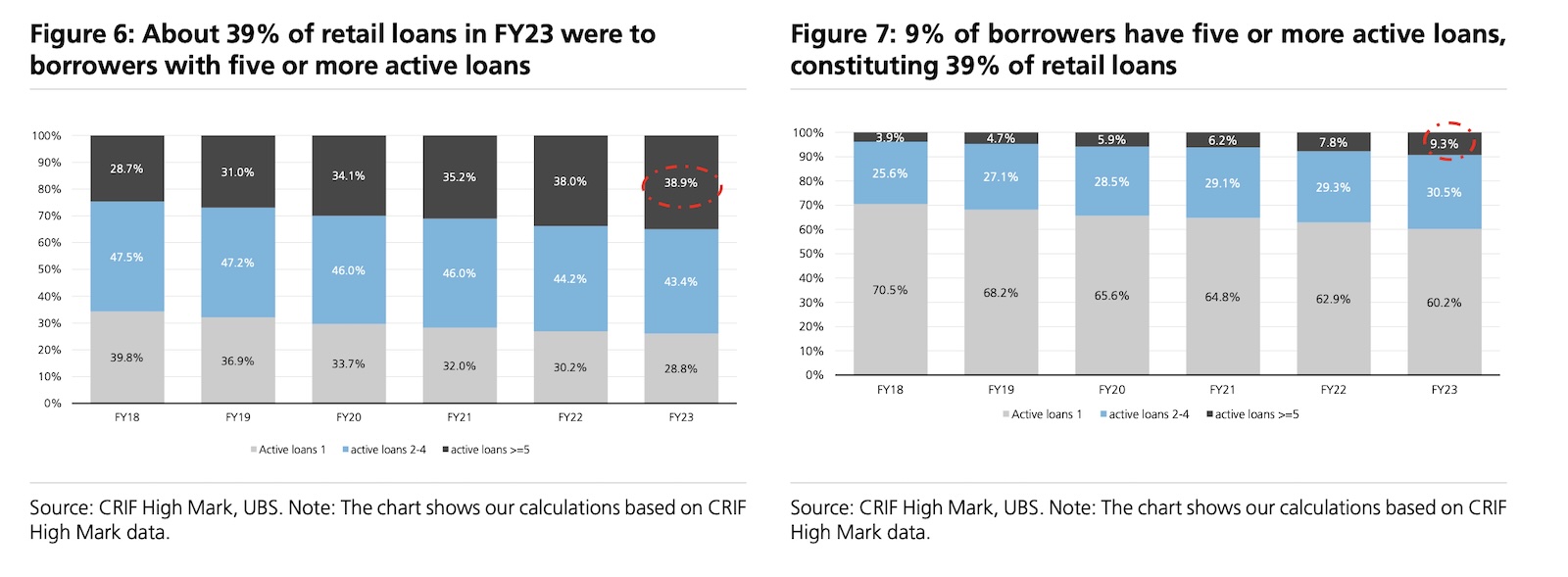How a 30-Year-Old Surveillance Law Enabled China’s Cyber Espionage
The CALEA Backdoor That Compromised U.S. Telecom Security
Recent revelations confirm that China-backed hackers have infiltrated wiretap systems at major U.S. telecom providers—a security nightmare that cybersecurity experts warned about for decades. This breach exposes the inherent risks of government-mandated backdoors in critical infrastructure.
The Salt Typhoon Hack: What We Know
- Targets: AT&T, Lumen (formerly CenturyLink), and Verizon systems
- Method: Exploitation of lawful intercept systems required by U.S. law
- Potential Impact: “Vast collection of internet traffic” (WSJ)
- Attribution: Chinese hacking group Salt Typhoon, known for pre-positioning in critical infrastructure
Security experts consider this breach “potentially catastrophic” as it demonstrates how surveillance mechanisms designed for law enforcement can be weaponized by foreign adversaries.
Why Cybersecurity Experts Saw This Coming
“I think it absolutely was inevitable,” states Matt Blaze, Georgetown Law professor and secure systems expert. The security community has long warned that:
- Any backdoor creates systemic vulnerability
- “Secure backdoors” are a technological impossibility
- Encryption remains the only reliable protection
Stanford encryption expert Riana Pfefferkorn noted: “This hack exposes the lie that the U.S. government needs to read every message for your protection. This system jeopardizes you.”
CALEA: The 1994 Law That Paved the Way
The Communications Assistance for Law Enforcement Act (CALEA) requires telecom providers to:
- Maintain intercept capabilities for law enforcement
- Provide access to customer data when legally compelled
- Facilitate real-time communication monitoring
Enacted when mobile phones were rare and the internet nascent, CALEA created infrastructure that:
- Expanded dramatically post-9⁄11 under the Patriot Act
- Spawned a wiretapping industrial complex
- Remained largely secret until Snowden revelations
The Surveillance Aftermath
Edward Snowden’s 2013 disclosures revealed:
- Mass collection of American communications data
- Covert tapping of tech company systems
- Global surveillance partnerships
This prompted tech giants to:
- Implement end-to-end encryption
- Publish transparency reports
- Reduce accessible customer data
The Global Backdoor Problem
While the U.S. grapples with CALEA’s consequences, similar battles rage worldwide:
- EU: Proposed legislation to scan private messages for CSAM
- UK: Ongoing encryption debates around Online Safety Bill
- Australia: Controversial anti-encryption laws
Signal president Meredith Whittaker warned: “There’s no way to build a backdoor only the ‘good guys’ can use.”
Lessons From the CALEA Compromise
This incident proves:
- Surveillance infrastructure becomes an attack vector
- Legal intercept systems raise national security risks
- Strong encryption remains the best defense
As Blaze concludes: “CALEA should be a cautionary tale, not a success story, for backdoors.”
Sources: WSJ, CNN, Washington Post
📚 Featured Products & Recommendations
Discover our carefully selected products that complement this article’s topics:
🛍️ Featured Product 1: Town Square Diverter
 Image: Premium product showcase
Image: Premium product showcase
Professional-grade town square diverter combining innovation, quality, and user-friendly design.
Key Features:
- Premium materials and construction
- User-friendly design and operation
- Reliable performance in various conditions
- Comprehensive quality assurance
🔗 View Product Details & Purchase
💡 Need Help Choosing? Contact our expert team for personalized product recommendations!












